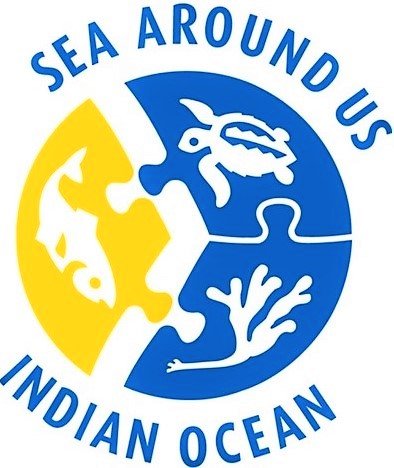Sea Around Us – Indian Ocean involved in the push for WTO to ban harmful fisheries subsidies
Professor Dirk Zeller, the Director of the Sea Around Us – Indian Ocean, together with PhD candidate Vania Andreoli and colleague Prof. Jessica Meeuwig, are among 36 marine experts advocating for the World Trade Organization (WTO) to embrace ambitious regulations that prioritise fisheries sustainability and equity. Their collective call focuses on the elimination of harmful fisheries subsidies that support unsustainable fishing.
In a recent commentary published in the journal npj Ocean Sustainability and an article published in The Conversation Australia, these researchers remind the WTO that well-managed wild fisheries are crucial pillars supporting food and nutrition security, livelihoods, equity, and cultural heritage, particularly in the Global South, and call on the intergovernmental body to conclude fisheries subsidies agreement negotiations and craft the supplementary regulations essential for lasting sustainability and equity in the ocean.
Harmful subsidies are direct or indirect financial transfers from public entities to fishing companies. They include fuel subsidies, non-fuel tax exemptions, access deals that allow one country to fish in the waters of another, boat construction, renewal and modernization support, and the provision of market and storage infrastructure, among others. These harmful subsidies enable fishing capacity to increase to a point where the exploitation of fish stocks exceeds the highest catch they can support long-term, effectively resulting in overfishing.
Over $22 billion in harmful subsidies were given to global fisheries in 2018 with ten nations, among them China, Japan, Korea, the European Union, and the United States, being responsible for 70% of this unsustainable financing. A recent Sea Around Us – Indian Ocean study showed that of that sum, $2 billion corresponded to harmful subsidies spent in the Indian Ocean region alone.
Most of these subsidies go to high seas distant water fishing operations that typically outcompete less-developed nations and which – evidence has shown – would be unprofitable without government subsidies.
In 2022, the WTO achieved a significant milestone by adopting a fisheries subsidies agreement aligning with strong recommendations from the global scientific community. Once ratified by two-thirds of WTO members, this agreement will partially address the United Nations Sustainable Development Goal Target 14.6 to eliminate harmful subsidies.
“Unfortunately, while this agreement is historic, it is narrow. It only prohibits member governments from financing illegal fishing activities and the exploitation of already overfished stocks. But it’s obvious illegal fishing should be banned and the focus on overfished stocks is too little, too late,” Vania Andreoli, Dirk Zeller, and Jessica Meeuwig wrote in The Conversation.
With the upcoming 13th Ministerial Conference held in February 2024 in Abu Dhabi, United Arab Emirates, WTO members are uniquely positioned to institute additional regulations that eliminate harmful subsidies, demonstrate their dedication to safeguarding the ocean, and chart a more sustainable and equitable pathway forward with a commitment to more equitable trade.
“Harmful fisheries subsidies are not only unsustainable but profoundly unfair. Based on the extensive body of evidence, the WTO should agree to eliminate harmful subsidies once and for all,” Andreoli, Zeller, and Meeuwig argue.
Experts in fisheries or other relevant fields are encouraged to put their support behind the adoption of sustainable and equitable fisheries regulations and the removal of harmful subsidies by the WTO, by signing the Stop Funding Overfishing petition.

